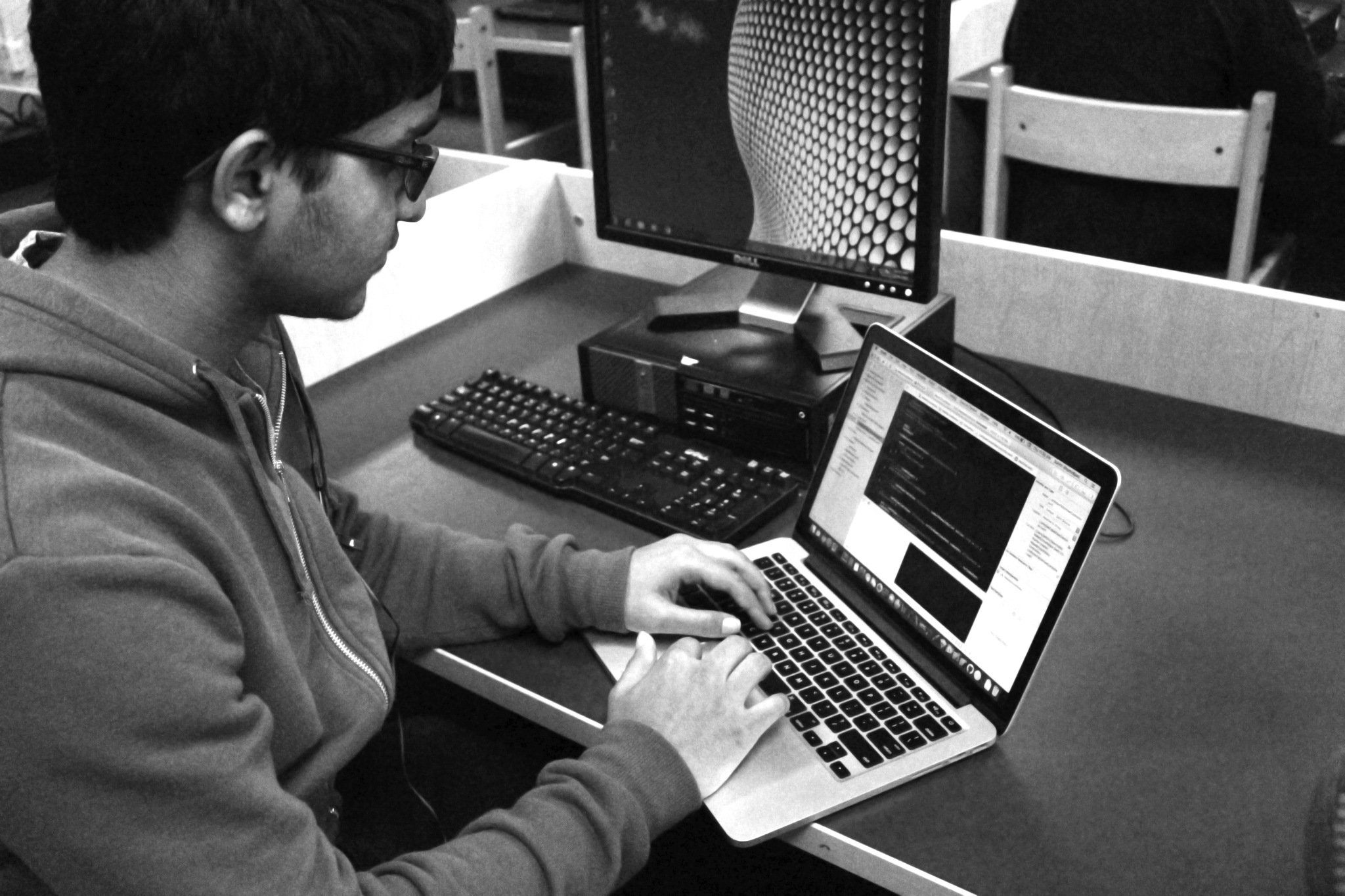
In this age of entrepreneurship, starting a business or creating an app is not confined to adults in the working world. With great determination, creativity and the aid of the internet, some Aragon students have taken on this immense challenge, sometimes with little to no experience.
It was 2 a.m. when senior Ashley Mao thought of the idea for her app “Midnight Thoughts.” “I was having trouble sleeping because I was on a summer schedule, so I came up with the idea for people having trouble sleeping as well,” she explains.
In consideration of her sister who enjoys writing, Mao’s app caters to those with a passion for creativity. “[Users] can write down what they’re feeling and create stories, and it generates random prompts. You can write, then add videos and pictures to it,” she says.
Though creativity is a key to projects like Mao’s, others succeed on simplicity.
Freshman Jana Georgievski, who has helped her family run Papa’s Mini Gourmet Donuts at festivals for four years, is considering bringing the concept to Aragon. “[My family] just wanted to make some more money, and we thought it would be fun, and we named it after my grandfather, and we like donuts,” she comments in regards to her motivations for the project.
Regardless of the concept behind the business or app, creating such an enterprise is no easy task. In order to develop his road trip planning app, junior Sahith Bhamidipati dedicated eight hours a day for nearly the entire summer in order to learn the skills necessary for creating the program.
He says, “I took an eight week summer program called MakeSchool,” he says. “For the first four weeks, they taught us how to build an app. Then the next four weeks, they made us build our own app.”
The time commitment is certainly daunting, but this is not the only source of frustration for students engaged in such ventures. Unlike Bhamidipati, Mao learned Objective C from an online book and YouTube, but the time commitment remained similar.
She explains, “It takes around five hours to code a page on the app, but then if there’s a bug, it takes like three days to find out where it is.”
In fact, Mao had to resubmit her app to be approved by the App Store six times because of issues with how the app engaged the iPhone’s home button.
Even though the journey can be very difficult, the destination is worth the struggle. Of her time spent making and selling donuts, Georgievski says, “[It was] beautifully amazing,” adding, “It made me feel important.”
The feeling of success after a job well done is common. Bhamidipati enjoyed the “good feeling” after creating his app.
But this level of satisfaction is often delayed by the stress that goes into running a business or creating an app. Initially, Mao was not enthralled by the app-making process. “In the eight weeks I was making [the app], I did not consider it rewarding … [But] after it was approved … I considered it super rewarding.”
Many people choose to continue their entrepreneurial experiences because of the pure satisfaction it renders. “To finally have an app built and on the App Store … It’s just a good feeling,” explains Bhamidipati.
Even though running a business or making an app is, it can be extremely gratifying for students. Bhamidipati says, “You’re going to run into lots and lots of errors and [the errors are] going to put you back, but you have to keep going. You have to keep building.”



